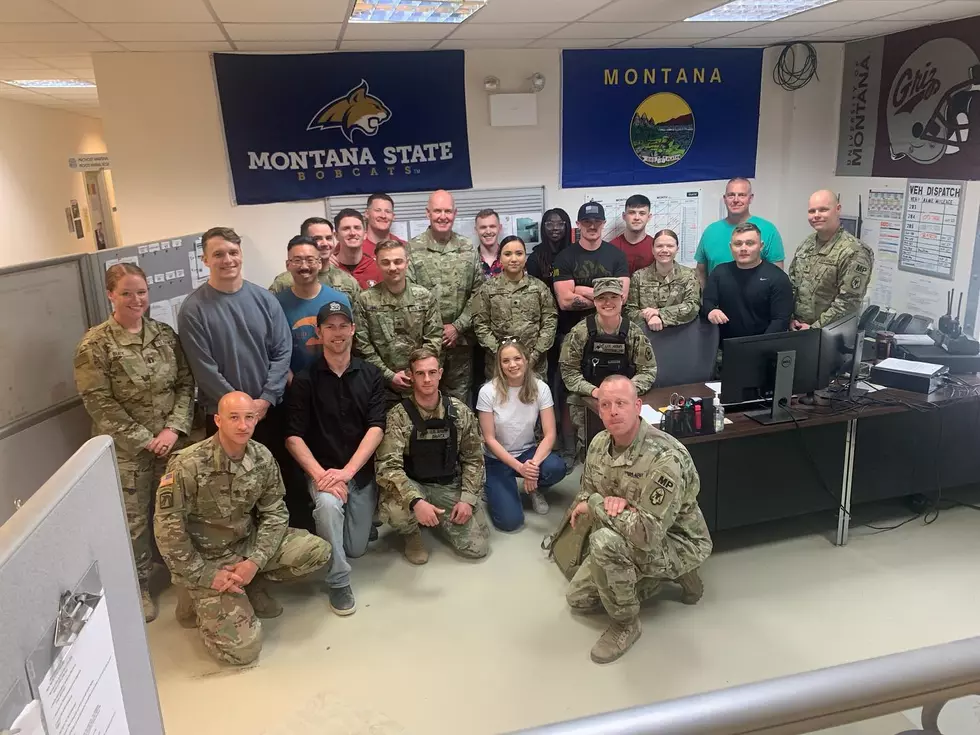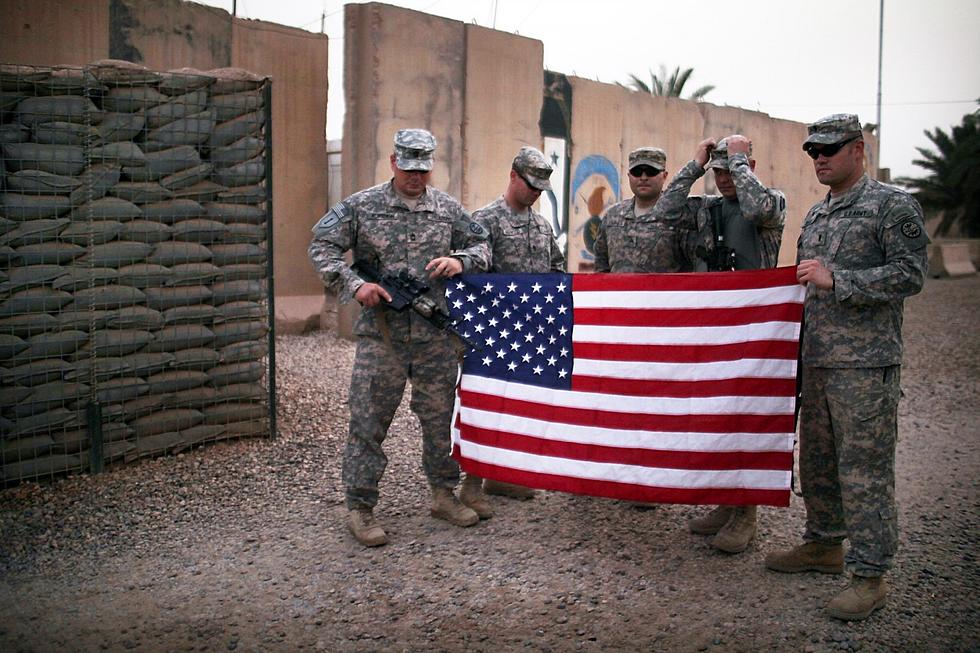
The Battle of Gettysburg: 150 Years Later
One hundred fifty years ago, July 1-3, 1863 the Battle of Gettysburg took place in and around the town of Gettysburg, Pennsylvania. Union and Confederate forces clashed producing the largest number of casualties of the entire Civil War.
Maj. Gen. George Gordon Meade commanded the Union forces against Gen. Robert E. Lee’s Confederate armies. Lee’s army had been marching north, racking up an impressive string of victories, that was giving the south the momentum needed to win the war. General Meade’s forces held their ground at Gettysburg and drove Lee back and gave the Union cause a badly needed shot is the arm. It was the bloodiest battle of the war. On the Union side 23,055 soldiers were killed or wounded along with the almost equal numbers of 23,231 on the confederate side.
Gettysburg Memorial & Battleground
Visiting Gettysburg is one of the items on my “bucket list,” — things to do and see before leaving this earth. I’ve always been fascinated by the Civil War. From a strictly historical perspective, this war had it all. Memorable battles, charismatic leaders, politicians, and the effects of that war are still being fought in bars and honky-tonks across this nation nearly 150 years later.
Is A Modern Day Civil War Possible?
I was trying to imagine what a civil war today might look like. I’m guess it would be the east and west coast against the middle. While one of the causes of the Civil War was slavery what would a modern day soldier fight for? Voting rights, gun rights, abortion rights, gay rights, Wall Street, unions, or corporations. People have taken to the streets for all these causes. Will leaders arise like Meade and Lee to lead these particular causes? It gives one pause to think about.
The Gettysburg Address
On November 19, 1863, the committee for the Consecration of the National Cemetery at Gettysburg asked President Lincoln to designate the grounds as a sacred place with a few appropriate remarks. Lincoln arguably delivered the finest speech ever delivered by any president in history. In a short two minutes Lincoln reinforced the idea of human equality as expressed in the Declaration of Independence. He directed the purpose of the war, not for union benefit, but for the benefit of all citizens.
One of the little known fact in American history is that Lincoln was feeling very ill that day suffering from dizziness and severe headaches. It is believed that he had a mild (if there were such a thing in 1863) case of smallpox.
Some Final Thoughts
With all the events in our own lives we just can’t seem to find the time to remember and revere some of our most important historical dates. Ask a group of teenagers about the Alamo, Pearl Harbor, D-Day, Gettysburg, and you will probably be met with that blank deer in headlights look.
Maybe it’s because wars were different then. Going to war used to be a last resort but once the commitment was made the American Military went all out. And, it might be that those of us who are older remember these things because they were recent events when we were growing up. If you have children, regardless of their age, you and they should learn about our historic people, events and dates. After all, it’s part of the reason you have the life you have today. Someone else earned it for you. They deserve a place in your memory.
More From KMMS-KPRK 1450 AM






![[POLL] Will You Got Back to Restaurants and Bars When They Open?](http://townsquare.media/site/8/files/2017/04/Adam-Berry.jpg?w=980&q=75)
![[POLL] Should wearing a mask in public be mandatory?](http://townsquare.media/site/8/files/2020/04/GettyImages-1213079528.jpg?w=980&q=75)
![[POLL] Will You Tune Into The Tom and Shane Saturday Show?](http://townsquare.media/site/8/files/2020/04/TomShaneFB.jpg?w=980&q=75)
